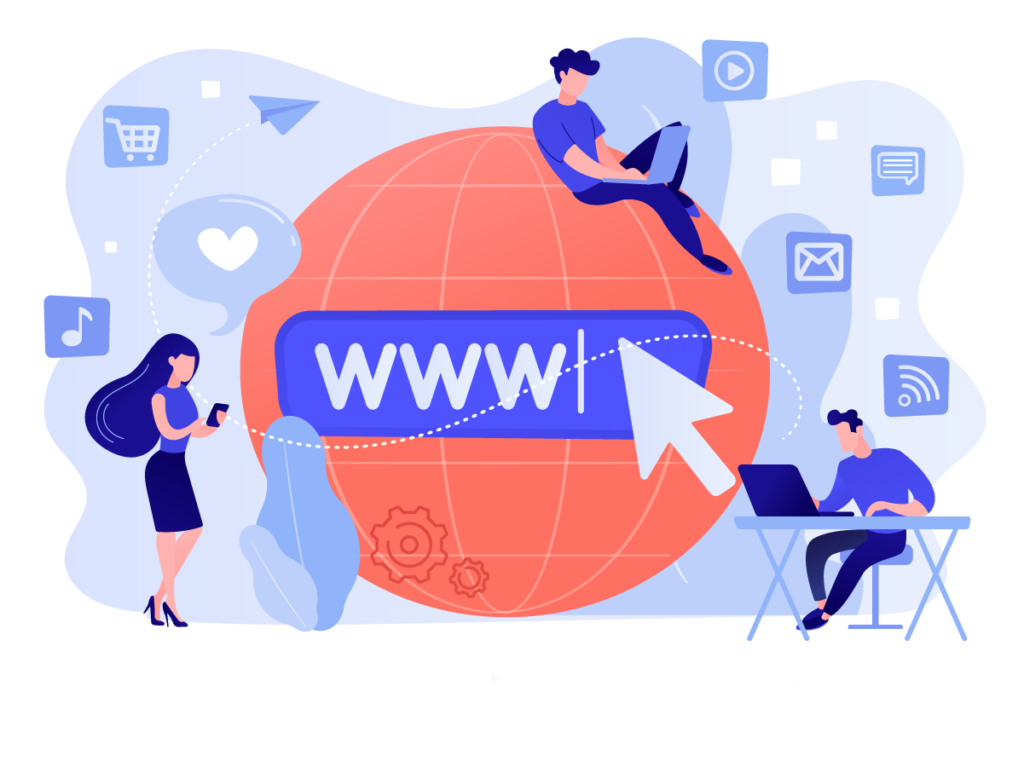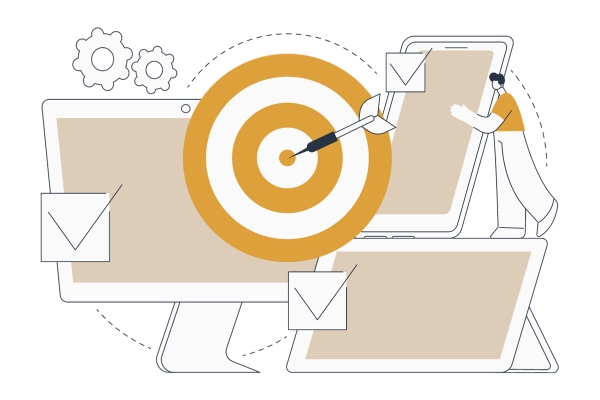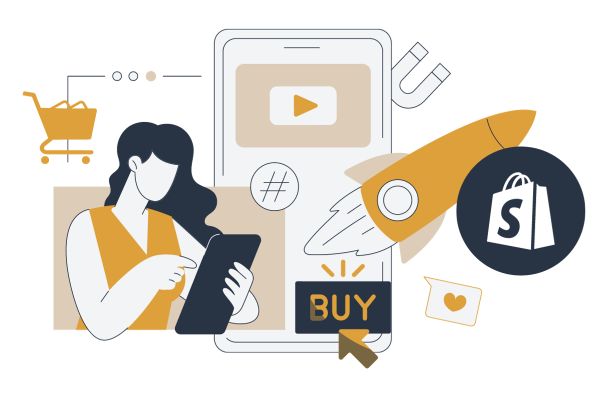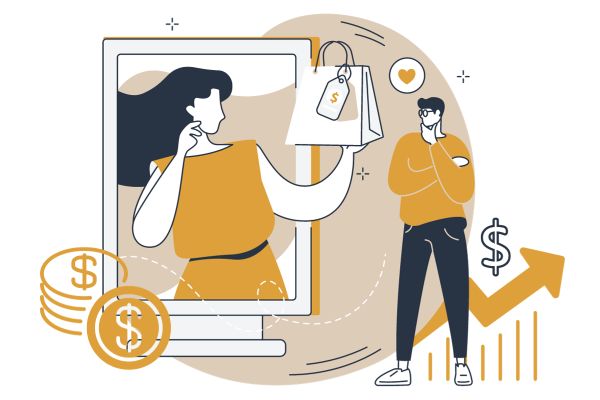International internet day is a day to celebrate the Internet and all it has done for humanity. The first Internet day was celebrated on October 29th, 2005, and as every May 17th for 50 years, this 2022, we’re commemorating again. The event aims at raising awareness of how everyone can benefit from the Internet by connecting people, sharing knowledge, and creating businesses.
The day was started by the United Nations Educational, Scientific, and Cultural Organization (UNESCO) as part of its campaign to promote universal access to information and communication technologies (ICTs). The idea was to support their initiative on creating a “knowledge society” with ICTs as an essential tool for achieving this goal.
The International Internet Day is an opportunity to reflect on how we use technology and its effect on us as individuals and society. The celebration provides an opportunity for people to learn more about how they use technology, their digital footprint, and what they can do to improve their online experience.
This year’s theme for International Internet Day is “Internet for elderly people and healthy aging”.
Why Is It Important?
The Internet has revolutionized the way people communicate, share information, and access knowledge. However, it’s essential to keep in mind that not everyone has equal access to technology or even internet connectivity. This is especially true for people with disabilities who may face barriers due to physical limitations or cognitive impairments. In addition, many disabled individuals have been victims of cyberbullying due to their disability status or other factors related to their personal life, such as race, religion, or sexual orientation. And even though there are laws in place that prohibit discrimination based on race or gender, among others, there aren’t any laws prohibiting discrimination based on disability status yet (although some countries are working toward establishing some forms of legislation).
Activities for the day
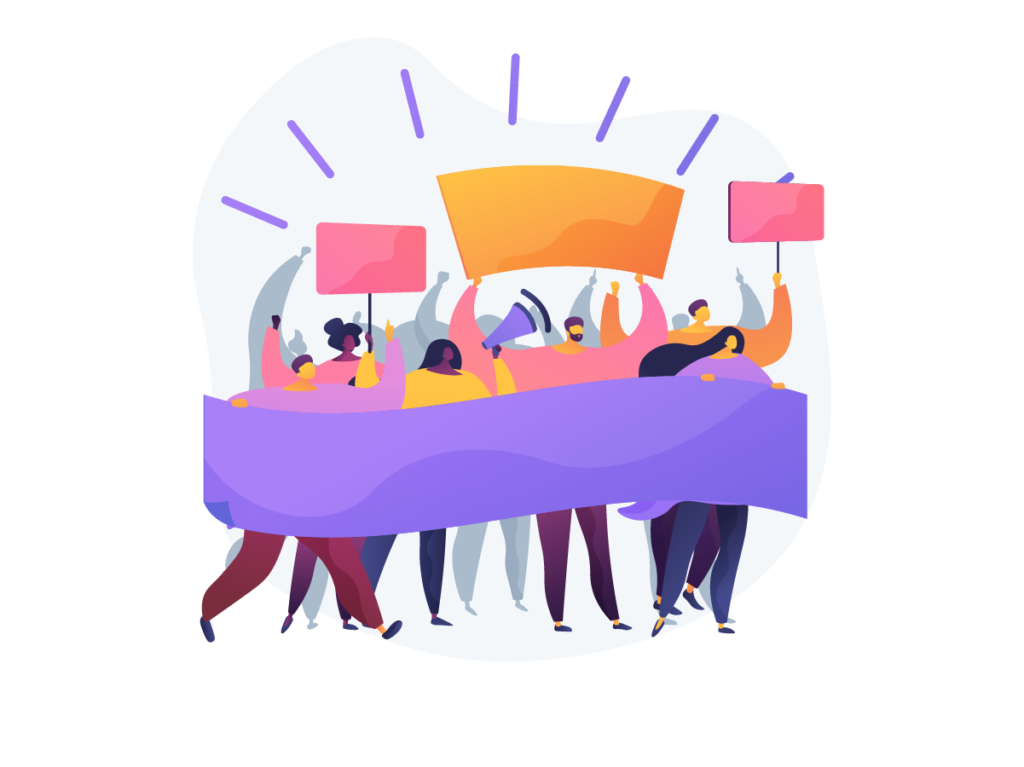
Here’s a list of activities you can undergo to promote the International Day agenda and a more secure and educative internet experience.
- Use social media to raise awareness of important issues, like climate change or human rights violations.
- Mix up your most important passwords
- Ensure your computer is secure by installing security updates and exercising caution when using public Wi-Fi networks.
- Go online to learn more about global warming or other environmental concerns.
- Attend a seminar on how to use the Internet for the good of the planet and others
- Write an article or blog post about why you think the Internet is vital for everyone.
- Learn about cyber safety by attending an e-safety workshop or seminar
- Teach someone to protect themselves on the Internet. (A child or an elder)
Digital Rights
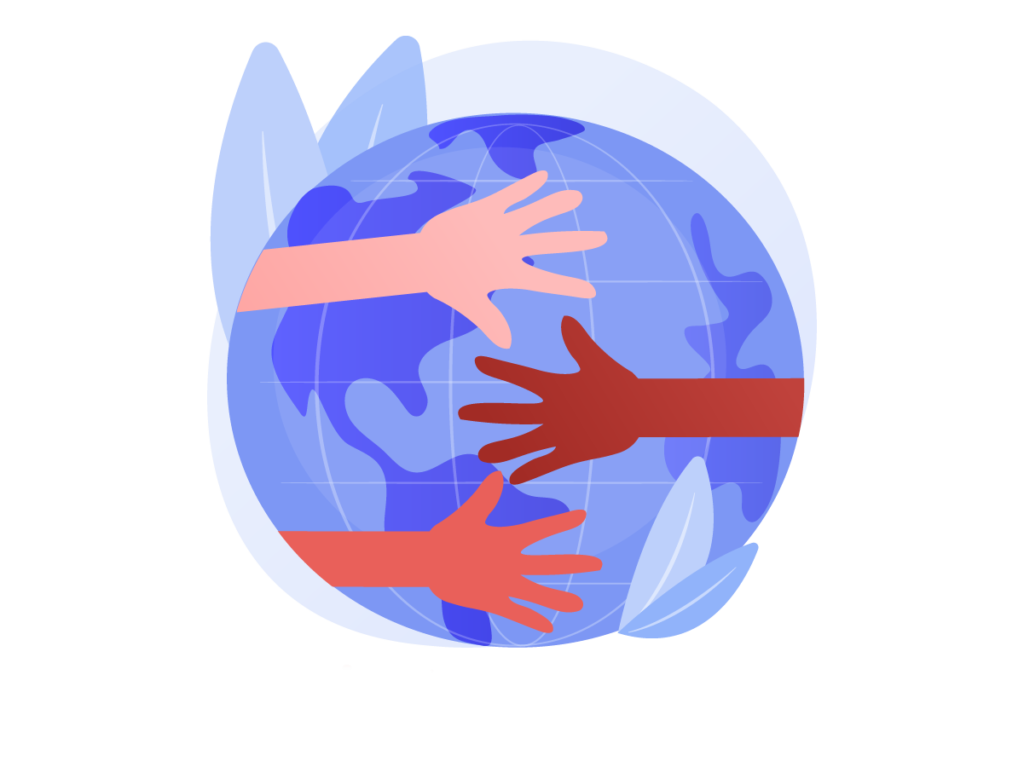
One of the primary objectives of International Internet Day aims to raise awareness about digital rights, such as freedom of expression, privacy, and access to knowledge. The term “digital rights” was first used in 1994 by a group of computer scientists at MIT, and they wanted a way to describe how the software would be distributed in the future as computers became more common. Their article argued that “digital information should be handled with respect for its owners’ interests.”
Digital Rights are human rights, and they are guaranteed by international law. They include freedom from censorship, freedom of expression, freedom from discrimination based on race, gender, or sexual orientation, and freedom from interference with privacy. These rights are essential for a democratic and open society. They are guaranteed by international human rights instruments such as the Universal Declaration of Human Rights (UDHR) and the International Covenant on Civil and Political Rights (ICCPR).
They include four basic premises:
- Right to internet access: also known as the right to broadband or freedom to connect, is a political stand that considers internet access a fundamental human right, essential for a healthy and fair life on this planet. People should have access to the Internet regardless of their income level, geographic location, or disability.
- Freedom of expression: The right to freely express oneself through text, image, or audiovisual material. This includes freedom of speech and media pluralism.
- Privacy and security: The right to control personal data and its use by others; information should be protected from being taken without permission or used for malicious purposes (spamming).
- Access to knowledge: The right to participate in cultural life, political life, and social life through the Internet without limitations imposed by other people, companies, or governments.
The Great Divide

Although International Internet Day is a celebration day, we always have to consider people who don’t have internet access. As Internet has penetrated more into our lives and affairs, not having a connection is almost like a disability, very handicapping. That phenomenon is known as The Great Divide or The Digital Grand Canyon.
We’ve already discussed this subject in our article “E-Commerce since the 2019 Covid pandemic, what has changed?” There you can have our take from the e-commerce perspective. Fascinating stuff!
In other words, The Great Divide is the divide between the people who have access to digital technology and those who don’t. It’s also the divide between those who have access to the Internet and those who don’t. And it’s the divide between those who understand how technology works and those who do not.
The Great Divide is one of the most significant issues of our time and a global problem that affects everyone. The capability to connect with all and share knowledge across the globe has never been more accessible, but it has also brought about a growing gap between people.
In the Information Age, where information and communications technologies have surpassed manufacturing technologies as the bases for world economies and social interaction and connectivity, people without access to the Internet and other ICTs are at a socio-economic disadvantage. “They are unable or less able to find and apply for jobs, shop and sell online, participate democratically or research and learn.” Source: wikipedia.org
The Future of the Internet; the Web 3.0.
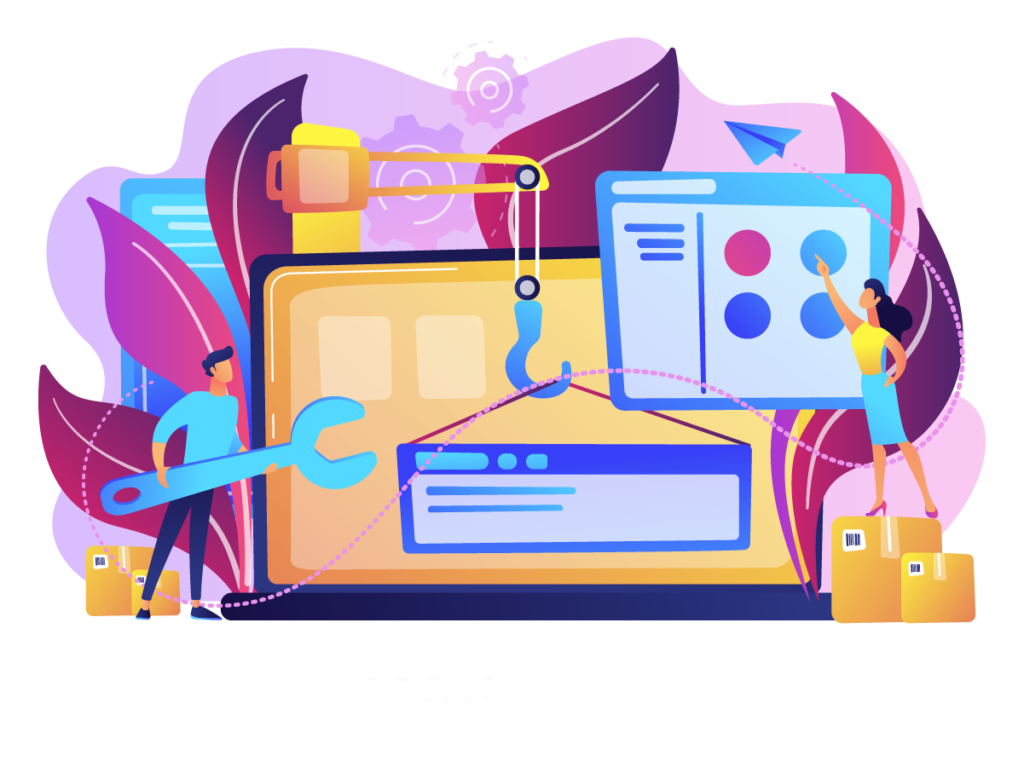
From the Internet of Things to the Artificial Intelligence of Things. From the smart contract to the metaverse, the future of the Internet is very bright and uncertain. EVERYTHING in the future will depend on the Internet, but not as we know it today, but a new version of it. The Internet 3.0
The Internet 3.0 is a programmable, decentralized, and global platform for innovation and value creation, which is the third generation of the Internet. At this moment, it’s not easy to understand what the internet 3.0 is in practice and what it looks like. This is because many people hold their own opinions about what the internet 3.0 is or will be; some people believe it’s a development trend of today’s Internet, while others think it’s just a fancy phrase used by tech geeks to market their product.
There is no official description for Internet 3.0, but there are some unofficial ones, and all of those integrate the following characteristics:
Decentralization: Web 3.0 will be a decentralized internet. What does that mean? Our computers and phones won’t be talking to large data centers run by big companies like Google, Facebook, or Twitter. Instead, we’ll use peer-to-peer technology to connect directly with one another – just like BitTorrent does today.
Artificial intelligence (AI) and machine-learning powered: Web 3.0 is a place where artificial intelligence (AI) and machine learning play a prominent role. The optimistic side of it is that computers will be better able to predict our needs and make the tasks we do more accessible, faster, and more efficient. Soon these new technologies will create the Artificial Intelligence of Things.
Proposals for the next generation of the Internet, coined Web 3.0, are exploring new ways the web can work more effectively and efficiently, with greater levels of automation and integration. One component that stands out as particularly important is AI. The potential impact of AI on Web 3.0 will be huge and revolutionary
leading to capabilities such as
- Automated content production
- Machine translation
- Context-aware online assistance, automated online marketing, and sales assistance
- Customer relationship management (CRM)
- Natural language processing (NLP)
- Predictive analytics, self-updating websites/content
- Contextual search/recommendations/recommendation engines (like Amazon’s “People who bought this item also bought…” feature)
- Computer vision/computer graphics or image recognition/face recognition features integrated into applications and platforms (like Google for Education’s Knowledge Vault initiative)
- A better understanding of language nuances in human communication patterns from emotional states to the degree of certainty of word choices in text conversations with friends. (Conversational AI)
Connectivity and ubiquity: Since Web 2.0, we’re witnessing an explosion of new devices connected to the web in some shape or form. IoT has become a reality, and every day thousands more gadgets are being added to this list. Each device is different, yet they all provide users with benefits in a way no other device could before. For the Web 3.0 era, the connectivity will be total, and the presence of digital devices connected to the web will be absolute. That is ubiquity. Everywhere, anywhere and anytime you want. You’ll be free to access information, products/services, and anything you want—no restrictions and regulations, or not as much as today.
Wrapping Up
“What we thought the Internet would be today is not, and what we believe the Internet in the future would be might not”.
Guillermo Figueroa – CEO Scalater.
As a reader of Scalater’s Magazine, you probably know perfectly well that you need to protect your online passwords and credentials. That’s why for this year’s International Internet Day, we want to leave a couple of open questions:
What can we do to change the Great Divide and bring us closer together?
How can we deal with the constant and absolute web presence everywhere and always watching and collecting information about you?
As always, thanks for reading.
